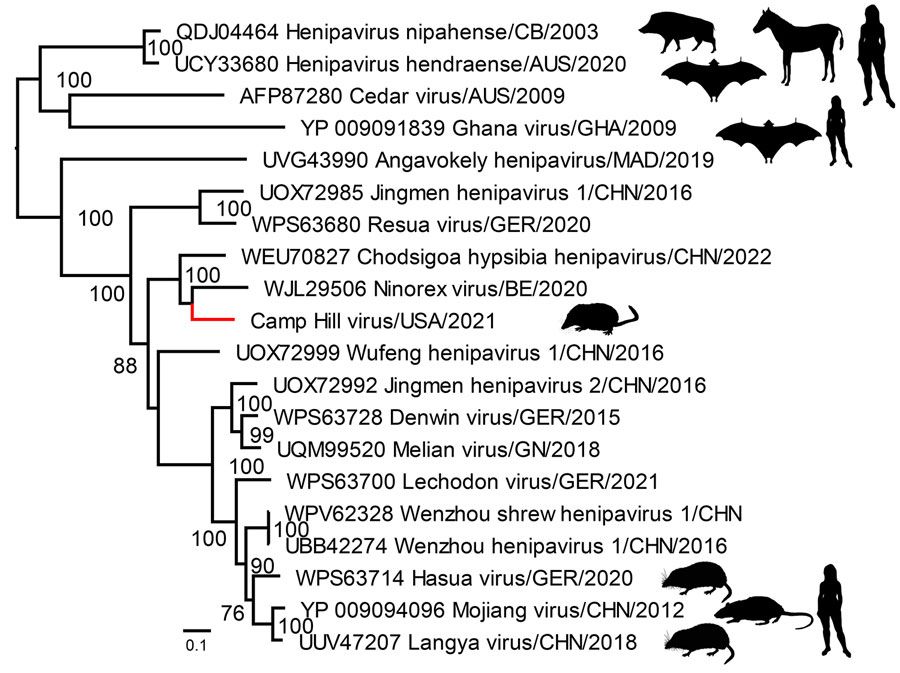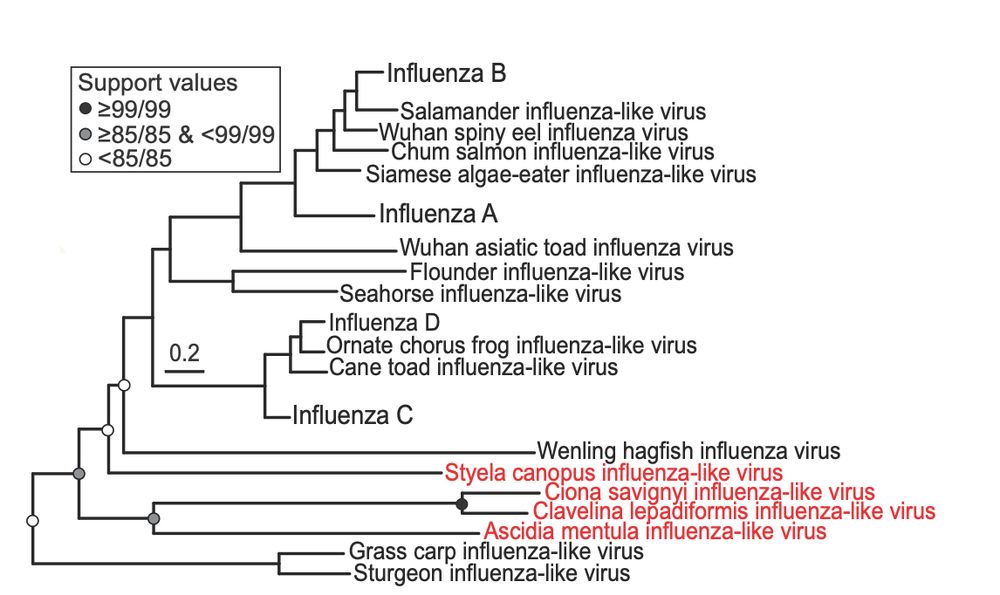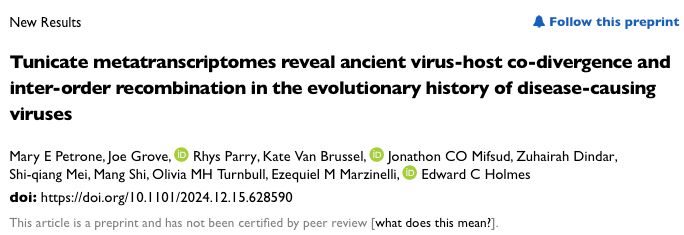Mary
@marypetrone.bsky.social
140 followers
39 following
13 posts
Lecturer at the University of Sydney
#1 fan of weird marine invertebrate RNA viruses
Posts
Media
Videos
Starter Packs
Reposted by Mary
Eddie Holmes
@eddieholmes.bsky.social
· Feb 19

Diverse Viral Pathogens in Australian Canines: Limited Geographic Structure and the First Detection of an RNA Virus in Dingoes
Viruses impose a substantial disease burden on dogs and the close relationship between dogs and humans may facilitate zoonotic disease emergence. Australia's geographic isolation, strict biosecurity m...
www.biorxiv.org
Reposted by Mary
Mary
@marypetrone.bsky.social
· Dec 17
Mary
@marypetrone.bsky.social
· Dec 17
Mary
@marypetrone.bsky.social
· Dec 17
Mary
@marypetrone.bsky.social
· Dec 17
Mary
@marypetrone.bsky.social
· Dec 17
Reposted by Mary
Eddie Holmes
@eddieholmes.bsky.social
· Dec 12

Detection of exotic biosecurity threat ribgrass mosaic virus and novel tobamoviruses through metatranscriptomic sequencing of animal gut content
Ribgrass mosaic virus (RMV) and related viruses of the genus Tobamovirus (Virgaviridae) are cruciferous plant pathogens that represent a threat to global horticultural systems. In Australia, they are ...
www.biorxiv.org
Reposted by Mary
Reposted by Mary
Reposted by Mary
Eddie Holmes
@eddieholmes.bsky.social
· Nov 26

Isolation of an infectious mammalian chu-like virus from tumor cells of the endangered Tasmanian devil (Sarcophilus harrisii)
Jingchuvirales (negative-sense RNA viruses) were initially discovered in invertebrates, with both exogenous and endogenous jingchuviruses subsequently identified in fish, reptiles and mammals. To date...
www.biorxiv.org










